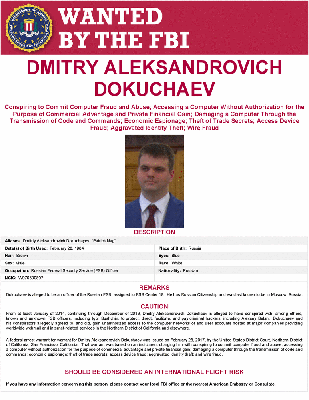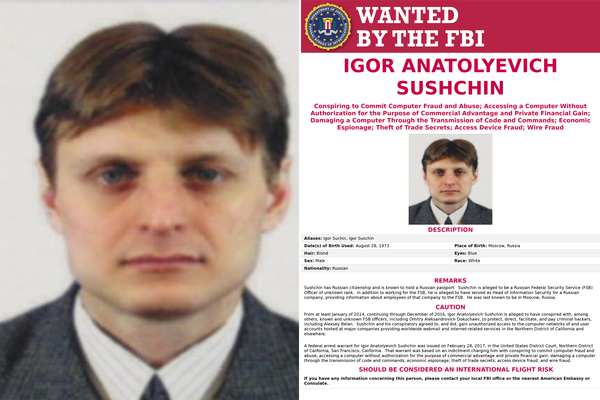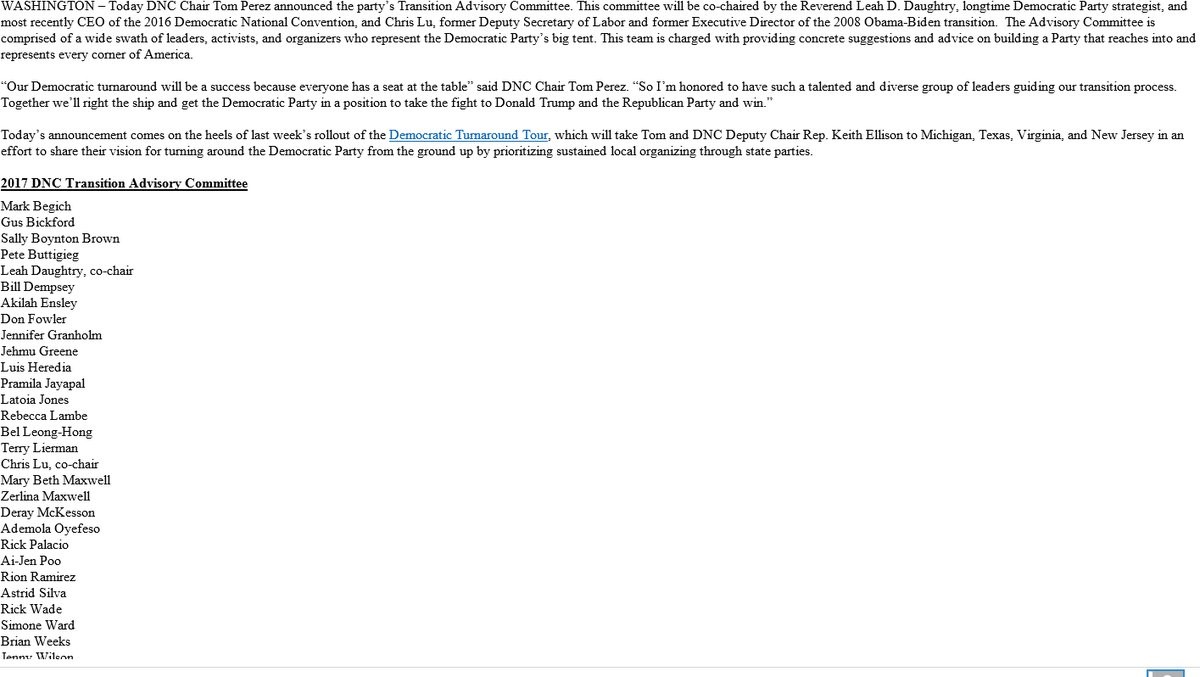Is there any reason why the Trump administration has not called for all drug cartels to be listed as terror organizations?
Ten Cartels are fighting for control of Guerrero with more brutality and violence
Recommendation: No prior subject matter knowledge requiredGuerrero occupies the third place in terms of most poverty at 62% of the population and first place for homicides at 2884 in 2016 at the national level. It is the state most disputed among organized crime groups. There is a presence of 10 cartels, five of them top level. Its central zone has converted into a battlefield between two organizations Los Rojos and Los Ardillos and possibly others that authorities have not completely identified yet. The presence of 500 military and state police has not contained the disappearances and executions and the criminals come back each time more brutal.
In the last decade, Guerrero has converted in the land of cartels and death; the dispute between the Sinaloa cartel, CJNG, the Beltran Leyva Organization, the Knights Templar, La Familia Michoacana and no less than five local organizations have converted the state into the most violent with 18,000 executions since 2006, when the call to war against the narco was initiated.
In Guerrero, 12 of the 81 towns are considered neutral zones. The geographic location of Chilapa has converted it into a demarcation most fought over since 2012 by Los Ardillos and Los Rojos, and not only because it is an essential corridor for the transit of drugs, also its land is utilized for the growing of poppys, “that has just finished its first harvest of the year”, according to the Guerrero Coordination Group.
What has happened this year, in Chilapa, there have been 48 executions related to the war between Los Rojos and Los Ardillos, Rojos and a third group of civil organizations known as “Los Jefes” or “Gente Nueva”, different to the Gente Nueva of the Sinaloa cartel, only have a presence int he communities, and with a population of 129,867 only has 500 soldiers and 100 Municipals to police it.
This last weekend was a violent one in the State with no less that 23 deaths, 10 of them in Chilapa, two women and three men were killed by gunfire in different events and five bodies were incinerated in the interior of a taxi.
At the Start of the month, on Tuesday the 7th, 6 dismembered bodies in a state of decomposition appeared inside 13 plastic bags. On Thursday the 9th, they found another five bodies charred inside a vehicle. The brutality with which they perpetrate the executions in the indigenous town, “is very strong” assured the Governor Hector Astudillo Flores.
The growing wave of violence in the town led to the implementation of Operation Chilapa, in January of 2016. One year after the security strategy was put in place, the Mayor Jesus Parra Garcia blamed social networks and media for “inventing facts that affect the image of the town”. With recent executions of PRI members he had to admit that the violence was aggravated during his administration.
These are times of crisis, of adversity, and are very complex. I have had to govern in the most difficult times for Chilapa, he told reporters.
Who are Los Rojos and Los Ardillos
In the period of 2012 – 2015, when the municipality was governed by PRI Francisco Javier Garcia Gonzalez, Los Rojos settled in Chilapa under the command of Zenen Nava Sanchez “El Chaparro”, alleged family of Jesus Nava Romero ” El Rojo”.
He was a Lieutenant of Arturo Beltran Leyva and who was slaughtered in June of 2013 in Puebla. During this administration, the population lived through the first mass kidnappings, huge extortion of transport and businesses and brutal executions.
 |
|
Jesus Nava Romero dead in the street (Borderland Beat archive)
|
Los Ardillos, a gang that comes from the Quechultenango region, whose leaders Celso and Antonio Hernandez Ortega are brothers of ex PRD deputy Bernardo Ortega Jiminez, have extended into the regions of Chilapa, Zitlala, Tixtla, Totoloapan and Acapulco in only one year, 2014, during the transition of the governorships of Angel Aguirre Rivero and Rogelio Ortega Martinez bot of the PRD.
The battle for the central zone of Guerreo tainted at this moment Aguirre Rivero as well as Garcia Gonzalez and also the ex PRI Mario Moreno Arcos of Chilpancingo, and Ignacio Bacilio and Eduardo Nero all accused publicly of ties to Los Rojos.
In 2015, with the change of State Government and municipal, things had begun to escalate. The President of the organization Siempre Vivos, Jose Diaz Navarro, assured that a reduction in the violence would be felt because Zenen Nava, who in January of 2016 escaped after a two hour confrontation with the armed forces, had returned. According to the PGR, El Chaparro in one of the 13 priority objectives of Guerrero and Morelos.
In the last three years, Los Ardillos and Los Rojos, in their dispute for territory, have committed executions of extreme cruelty, torturing, decapitating, and incinerating corpses that were left in public places.
They have also been responsible for the disappearance of 130 persons, according to the Centre for Human Rights. The mass kidnappings in the towns of Zitlata and Chilapa, where the criminal groups kidnap the inhabitants, all in the presence of Military and State Police, denounce the ONG.
The confrontations between various cartels, as well as the kidnappings and executions against the inhabitants, have caused fear in Chilapa. Families prefer not to leave their houses aftern 7 at night , the schools are secured with padlocks and checkpoints that are reinforced.
Nevertheless, the organization Siempre Vivos considers that part of the violence that affects the towns of Tixtla and Zitlala, is a strategy of terror of the State and Federal Governments so that the population calls for the law of Homeland Security, that is pending for discussion at the Congress of the Union.
Totoloapan and the Tequileros
Located in the region of the Tierra Caliente, Totoloapan is, along with Ajuchitlan, Arcelio and Coyuca, the Municipality most threatened by Los Tequileros, a group that separated from La Famila Michoacana and since 2013 have occasioned the displacement of families from no less than 16 communities.
According to reports of the newspaper El Sur, Raibel Jacobo de Almonte, El Tequilero, was a plaza jefe for La Familia Michoacana. Once he had formed his own organization, he began controlling the San Miguel Totolapan and some rural populations in the border area of Rio Balsas. In 2016 his epower extended to populations of the municipalities of Ajuchitlan, Tlapehuala and Arcelia.
In the Tierra Caliente, six out of every ten homicides are attributed to Los Tequileros, who are also linked to a politician, PRI deputy Saul Beltran Orozco. Before the omission, complicity and participation of the local authorities, the local population had chosen to arm itself to the face this criminal organization.
The violence in Guerrero is generalized by the number of cartels that are disputing the third poorest State of the country, but also by the failed security strategy implemented by the Federal and State Governments, that while advising of “big changes” and advances in security the State remains the number one in the list for malicious homicides. Translated by Otis B Fly-Wheel for Borderland Beat from a Sinembargo article
A little-known drug trafficking group in Mexico called “Las Moicas” has not only successfully defended its foothold in the US heroin market for years against Mexico‘s most powerful cartels, but recent reports suggest that it might be expanding.
In an interview with BBC Mundo published on March 15, a spokesperson for the US Drug Enforcement Administration (DEA) said that the Moicas had been expanding their territory in Mexico and that the little-known group had come into conflict with some of Mexico‘s biggest criminal organizations, including the Sinaloa Cartel and the Jalisco Cartel – New Generation (CJNG).
According to a July 2015 report from the DEA, eight major Mexican transnational criminal groups were known to be operating in the United States. Alongside prominent players like the Sinaloa Cartel and CJNG, appeared a trafficking organization called Las Moicas.
According to the report, the Moicas are based in the Mexican state of Michoacán and have ties to the Familia Michoacána, an organization largely displaced by its splinter group, the Knights Templar. Despite the decline of the Familia Michoacána after the death of its top leader in 2014, the Moicas group “remains a regional supplier in California and operate[s] on a smaller scale relative to other major Mexican” criminal organizations.
The Moicas’ first reported run-in with the DEA dates back to 2009, when US authorities seized 50 kilograms of heroin and $250,000 in cash, in addition to arresting several of the 21 suspects from the group later charged in connection with the seizure.
The DEA’s press release concerning the operation asserts that a total of 200 kilograms of heroin, with an estimated retail value of $17.5 million, were smuggled during the run. The group allegedly hid both drugs heading north and drug profits heading south “in elaborate vehicle engine compartments” that allowed them to cross the border undetected.
At the time, the Moicas operated solely in California, but the group has since reportedly expanded to Reno, Nevada, and it operates in some areas of California dominated by the Sinaloa Cartel, according to the DEA’s 2015 report.
As of March 2016, VICE News reported, Mexican authorities had no record of Las Moicas.
InSight Crime Analysis
Mexico’s criminal landscape has become increasingly fragmented as larger cartels continue to rely heavily on smaller groups for specialized criminal tasks and as the government continues to take down top leaders of major criminal organization. In an illustration of this dynamic, Mexican authorities stated that nine cartels — not including the Moicas — operated throughout the country as of July 2016, relying on a total of 37 criminal cells.
Within this context, it appears that the Moicas may have succeeded in quietly growing by maintaining a low profile, as suggested by the absence of official acknowledgement of the group by the Mexican government as well as the scant public information available about the organization. According to the DEA spokesperson contacted by BBC Mundo, the US anti-drug agency does not even know the composition of the Moicas’ hierarchy.
It is possible that the Moicas have followed the blueprint of earlier Mexican drug trafficking organizations, such as the Xalisco Boys who achieved a striking expansion across the United States in the 1990s by investing in the heroin market while maintaining a low profile.
And it is likely that the Moicas’ rise and reported expansion has been fueled by the booming US demand for heroin. The US consumption market for this particularly addictive drug is believed to have tripled over the past decade, boosted by over-prescription of legal opioid drugs and even allegedly criminal activity by executives of some companies in the US pharmaceutical industry.











 BET
BET